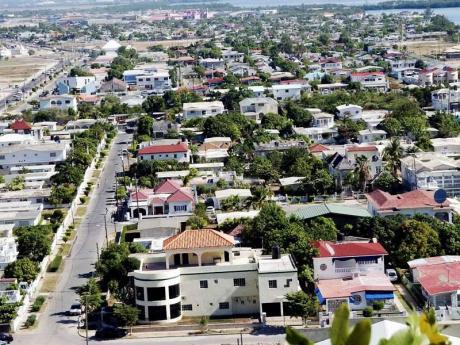In a historic move, the Jamaican government used its majority in the House of Representatives on Tuesday to pass amendments to the Counties and Parishes Act, officially declaring Portmore the country’s 15th parish.
The bill passed with 28 votes in favor, 10 against, and 24 Members of Parliament absent. This marks the first time a new parish has been established in post-colonial Jamaica. The island has had 14 parishes since 1867.
The decision, long debated in Jamaican politics, was met with strong opposition. Opposition MPs from the People’s National Party (PNP) walked out of Parliament in protest after the vote, decrying the move as politically motivated.
Minister of Local Government Desmond McKenzie defended the bill, emphasizing that it is not merely about adding another parish but about increasing Portmore’s ability to direct its own social, political, and economic development. “This decision will widen the door of opportunity for the people of Portmore by allowing them greater control over their future,” McKenzie said.
However, opposition MP Fitz Jackson strongly opposed the bill, branding it “The Gerrymandering of Political Boundaries 2025.” He argued that the legislation strips Portmore residents of their right to directly elect their mayor and serves only to benefit the governing Jamaica Labour Party (JLP) politically. “We will meet the government in court,” Jackson warned, vowing that a future PNP administration would repeal the law.
Defining Portmore’s parish boundaries
The new parish of Portmore will include areas such as Hellshire Hills and Goat Island, while excluding regions like Lakes Pen, Grange Lane, Lime Tree Grove, and Quarry Hill. The parish capital will be the City of Portmore, similar to how Kingston serves as both city and parish capital.
Portmore is unique in Jamaica as the only city with its own municipal council that operates independently of its parish’s local government. The JLP has argued that granting Portmore full parish status will allow it to access its own share of parochial revenue funds, enabling better infrastructure development, including a hospital, improved schools, and road networks.
With general elections due by September, the government promised to finalize the transition before Jamaicans head to the polls. However, with legal challenges looming and political tensions rising, the fate of Portmore’s new status could remain a hot-button issue in the months ahead.














